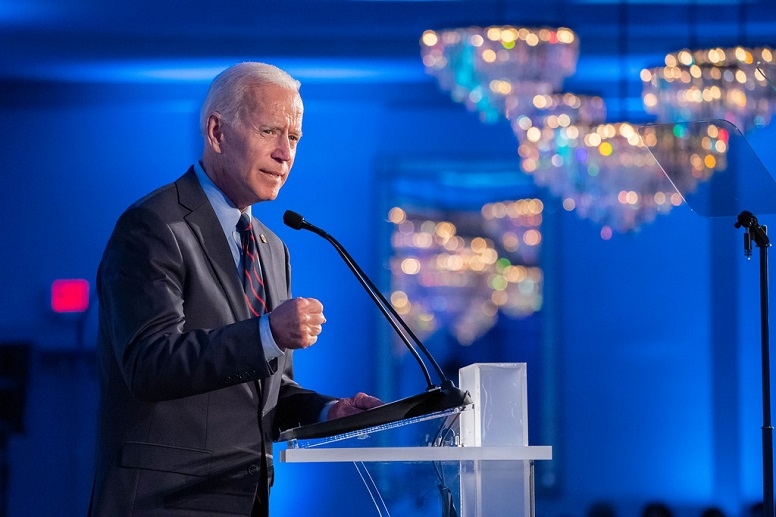CTEC is Working on First-of-its-Kind Social Media Database on Far-Right Movements
| by Stephen Diehl
With funding from Logically, the Center on Terrorism, Extremism, and Counterterrorism (CTEC) will create a major new social media data resource to better understand how extremists organize, form narratives, and advance disinformation in the radicalization process.




